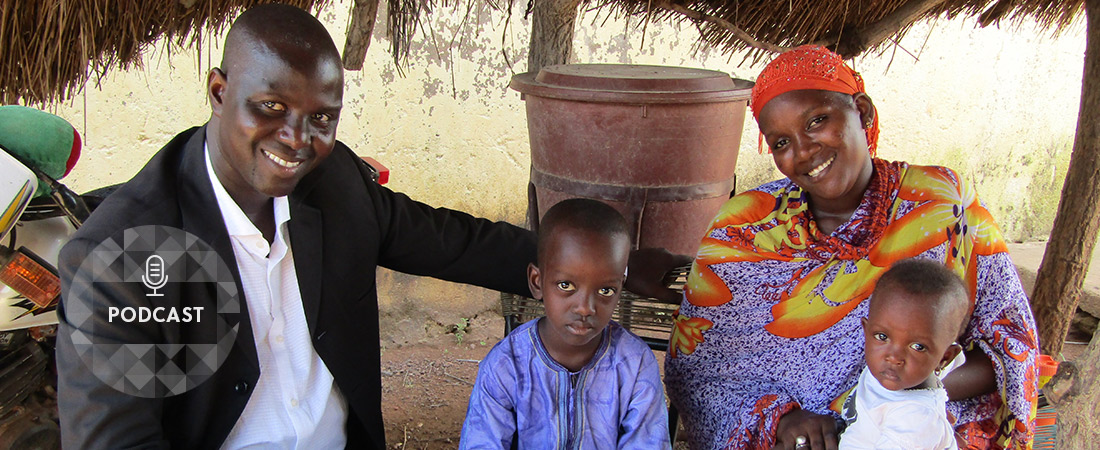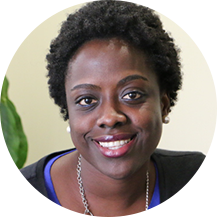A Community Approach to Reading

Family reading activities are a key part of the SIRA program's approach.
Listen in as our experts discuss a wide range of current topics. Check out all of our podcasts.
In Mali, literacy is becoming a community affair. Teachers, parents, and community members are all helping young children learn how to read and write—with support from EDC’s USAID-funded Selective Integrated Reading Activity (SIRA).
EDC’s Adwoa Atta-Krah has witnessed many of SIRA’s challenges and successes over the past four years and says that SIRA’s unique approach yields both community ownership and programmatic sustainability. In this podcast, she discusses how SIRA is making a difference.
On how communities responded to Bamanankan as the language of instruction
Atta-Krah: In the beginning it was very challenging . . . we had some communities who were not just reluctant, they were against that the language of instruction in SIRA schools would be the national language [Bamanankan] and not French. So we had a lot of pushback from certain communities who felt as though what we were proposing was not going to help them.
On involving parents and community members in literacy instruction
Atta-Krah: Traditionally, the responsibility for educating a child was solely that of the schools—the school director and the teachers. And so parents felt that their only responsibility was enrolling their child in school. And that’s where things ended. . . . So we wanted to try to see what impact we could have by designing a program that really integrated the two.
On the impact that the community approach has had
Atta-Krah: I remember meeting Fatumata Keita, who was a mother with four children. . . . Because she was literate, she started a group in the evenings, whereby she would encourage children of neighbors whose parents were not literate to come by and spend time reading, using some of the materials that the project had trained them on. And what’s really encouraging for us, is that [during a recent teacher strike], in many communities, parents like Fatumata Keita mobilized children and continued on with the community participation activities that allowed the children to learn.
